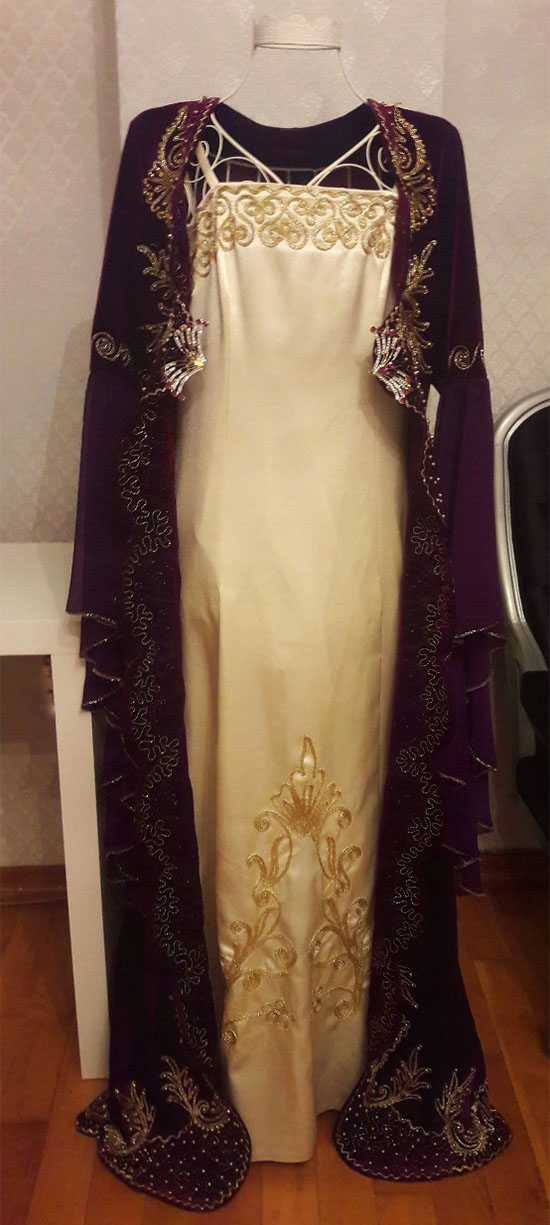Neo-Ottomanism in Turkish Islamist Women’s Media. Politics, Agency and Impact
The power of ruling Justice and Development Party (AKP) in Turkey has been growing significantly, a trend legitimised since 2007 by neo-Ottomanism, the predominant political ideology. Neo-Ottomanism is not only a dividing line in the struggle between religious and secular views on society but also a strong component in popular culture. References to the Ottoman era are disseminated both through nationalist and Islamist political rhetoric and cultural productions: a conscious aesthetic programme incorporating visualisations of social hierarchies. TV series, reaching millions in Turkey and the Turkish diaspora, have been a major tool for promoting neo-Ottomanism and its claims of the authenticity of masculinity and patriarchy, with diverse implications for gender issues.

The objective of this project is to elucidate the current uses of history and nostalgia in Turkish politics and culture by focusing on the Islamic publishing sector and investigating the means by which women editors creatively contribute to this trend. By integrating gendered perspectives into discussions on neo-Ottomanist nostalgia and analysing the sophisticated nature of its transmission routes, the project will offer novel insights, challenging existing gender-blind knowledge by addressing female agency in Islamist media.

This project aims to explain how gendered neo-Ottomanism is popularised in a specific area of cultural production – Islamist women's journals – through the agency of their women editors, authors and graphic designers. It will provide a new and complex understanding of neo-Ottomanism as an ideology, which will yield a better grasp of the means by which Islamism and nationalism are being transformed. To achieve these goals, rhetorical and iconographic representations of neo-Ottomanism will be comparatively examined in the journals by means of media content analysis which will situate them in their religious, political and economic context, as well as in contemporary conditions under which media operate in Turkey. Accompanying this work, interviews with magazine authors will bring out the diversities in how they perceive, define and contribute to Ottomanist nostalgia and link that nostalgia to Islamic culture. The current Turkish media-scape and preliminary studies suggest that neo-Ottomanism features in the consumption field in upper-class lifestyle magazines while being supported by references to history and Islamic traditions in conservative journals.
2019 “Emergence of a Discourse or New Articulations of Orientalist Biases The First Ethnographies on Women and Islam in Turkey”, Fe Dergi vol. 11: 23-33.
2018. “Re-Creating Nostalgia Urban Culture in the Citadel, Hamamönü and Hamamarkası Neighbourhoods of Ankara”, Journal of Ankara Studies, vol. 6:145–166.
2018. “Ankara Citadel, Nostalgia and Missing Our Home”, Mimarizm, March issue 2018.
Contact
Petek Onur
Marie Curie Fellow
Department of Cross-Cultural and Regional Studies
University of Copenhagen

